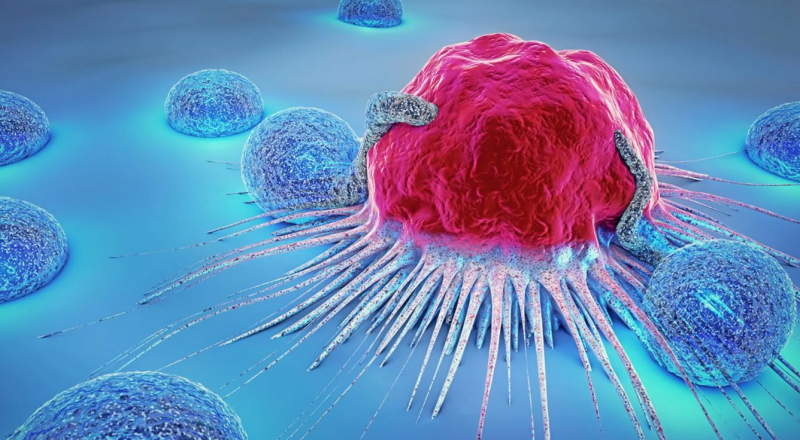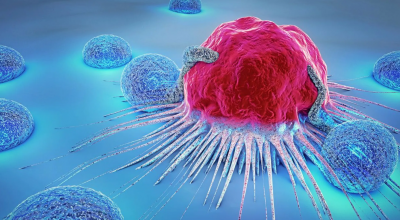Researchers at the recently established Early Cancer Institute at the University of Cambridge have developed a cellular sponge that can help detect cancer years before it manifests. The scientists aim to identify changes in cells long before they develop into tumors, which could assist in finding radically new methods for cancer treatment, according to The Guardian.
Professor Rebecca Fitzgerald, director of the institute, explained that the latency period for cancer development can last for years, sometimes even a decade or two, before the disease suddenly appears in patients. She stated, "Then doctors find themselves struggling to treat the tumor, which by then has spread throughout the patient's body. We need a different approach that can detect individuals at risk of developing cancer early, using tests that can be conducted on large populations."
Rebecca Fitzgerald and her scientific team developed the "cellular sponge," which is a sponge on a string that is swallowed like a pill, expands in the stomach to become a sponge, and is then pulled up the esophagus to collect esophageal cells along the way.
She noted that doctors will look for cells containing the TFF3 protein, which is only present in precancerous cells, providing an early warning that an individual is at risk of esophageal cancer and needs monitoring.
Rebecca Fitzgerald added, "Currently, we discover many types of cancer at a late stage, and we have to come up with drugs that are becoming increasingly expensive. We often extend life by a few weeks at a cost reaching tens of thousands of pounds. We need to view this from a different perspective."




